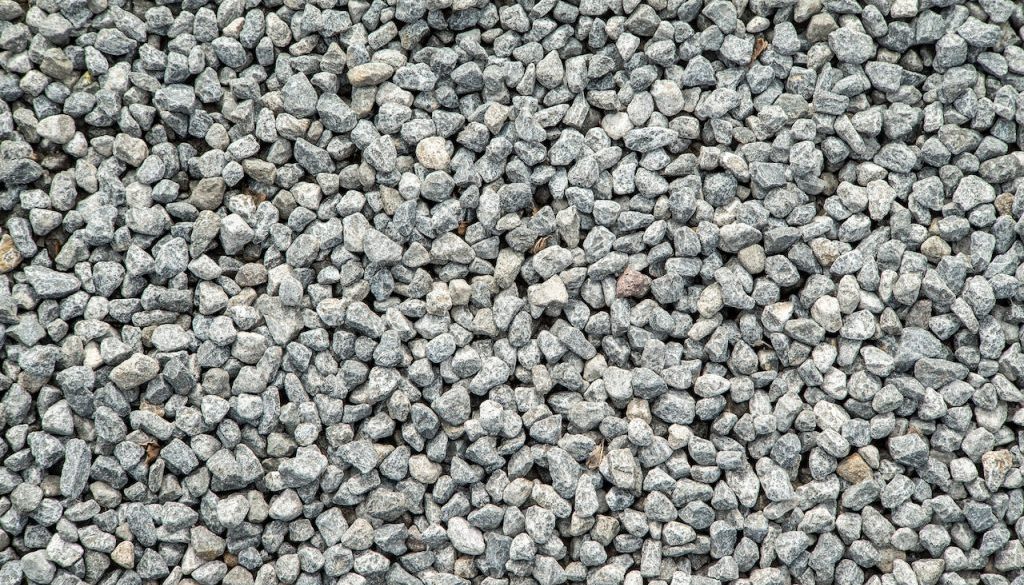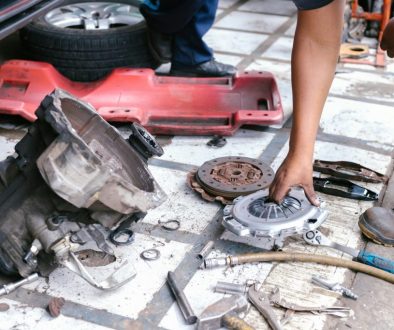Construction aggregates are materials used in construction that are typically found in natural deposits, such as sand, gravel, or stone. These materials create concrete, asphalt, or other construction-related products. Construction aggregates can be found in various locations, such as beaches, riverbeds, and mountains.
Other materials used as construction aggregates include recycled glass, recycled plastic, and wood chips or bark. The use of construction aggregates can have a number of benefits, both for the environment and the construction industry. For example, using recycled aggregates can help to reduce the amount of waste materials that are sent to landfills.
Construction aggregates can also help improve construction projects’ drainage and stability. In addition, the use of construction aggregates can help to create a more sustainable built environment.
Today, let’s take a closer look at construction aggregates and their uses. Here are what you need to know:
Different Types of Aggregates
There are many different types of aggregates used in construction, and each has its unique purpose. Here are some of the most common aggregates:
- Crushed stone – This aggregate is made by crushing rock or stone. It’s typically used in concrete, asphalt, and as a base for roads, driveways, and walkways.
- Gravel – Gravel is a versatile aggregate used for various purposes. It’s often used as a base for roads, driveways, and walkways. Still, it can also be used in landscaping and as a construction material.
- Sand – Sand is a fine-grained aggregate often used in masonry, concrete, and as a base for pavers, roads, and driveways.
- Slag – Slag is a by-product of the steel-making process. It’s often used as an aggregate in construction, as a base material, in road construction, and as an abrasive.
- Recycled concrete – Recycled concrete is made from concrete that’s been crushed and recycled. It’s a popular type of aggregate because it’s environmentally friendly and can be used in various construction applications.
- Riprap – Riprap is a type of aggregate made from large, angular rocks. It’s often used in construction projects that involve earth retention or erosion control.
- Asphalt – Asphalt is a type of aggregate made from bitumen, a sticky, black substance derived from crude oil. It’s often used in the construction of roads and driveways.
- Soil is a type of aggregate composed of organic matter, minerals, and other materials. It’s a versatile construction material that can be used in various applications.
- Clay – Clay is a type of aggregate made up of small particles of earth. It’s often used in construction projects that involve the production of bricks, tiles, and pottery.
- Gypsum – Gypsum is a type of aggregate composed of calcium sulphate.
The Uses of Different Aggregates
Construction aggregates are one of the most critical materials used in construction today. Aggregates are used in various applications, including concrete and asphalt production, backfill, base course, and more.
There are two main types of construction aggregates: natural and artificial. Natural aggregates are typically mined from rocks or minerals, while artificial aggregates are made from recycled materials such as concrete, glass, or asphalt.
Construction aggregates are essential for many construction applications. For example, aggregate is used in concrete production to provide strength and durability to the finished product. Aggregate is also used in asphalt production as a binding agent to hold the various ingredients in the mix.
In addition to concrete and asphalt production, aggregate is used in the base course, backfill, and drainage applications. The base course is the material layer placed beneath the finished surface of a road or other paved area. Meanwhile, backfill is used to fill in voids or empty spaces behind walls or other structures. Drainage aggregates are used in various drainage applications, including septic systems, French drains, and more.
Whether a homeowner planning a do-it-yourself project or a professional contractor, you’ll need to purchase construction aggregates at some point. When buying aggregates, it’s essential to understand the different types and their use. With this knowledge, you can choose the right type of aggregate for your project and ensure you get the best possible results.
The Importance of Construction Aggregates
Construction aggregates are one of the most important ingredients in concrete. They provide the structural support and foundation for our buildings and roads. Without them, our cities would crumble, and our transportation networks would grind to a halt.
To meet the ever-growing demand for construction aggregates, we need to extract them from the ground efficiently and sustainably. This is where crushing and screening plants come in.
Crushing and screening plants are used to process large rocks into smaller pieces that can be used in construction projects. The process begins with a large rock being fed into a crusher. The crusher breaks the rock into smaller pieces that are fed through screens.
The screens sort the rocks by size, with the smaller pieces falling through the holes in the screen and the larger pieces being collected on the other side. The sorted rocks are then transported to the construction site, which is used to create the foundation for our buildings and roads.
The aggregates industry is a vital part of the construction sector, providing the raw materials used in various applications. To meet the growing demand for aggregates, we must ensure that we are sustainably extracting them.
This means crushing and screening efficient plants that cause minimal environmental impact. Using the latest technology, we can extract the maximum amount of aggregates while causing the least damage to the environment.
The Bottom Line,
The importance of construction aggregates cannot be underestimated. They are the foundation of our buildings and roads and are essential for the continued development of our cities and towns. With the right approach, we can extract them in a sustainable way that causes minimal environmental impact.
If you’re looking for domestic skip hire, you’re in the right place. Enviro Skip Hire is a family-run skip hire and aggregate company servicing Staffordshire. Check out our wide range of skip sizes and aggregates. Contact us today to get started and learn more!




